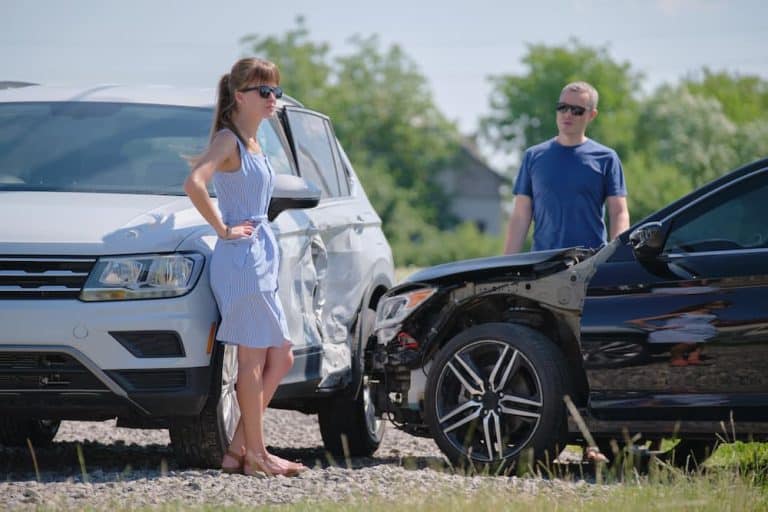If you’ve been involved in a car accident in Colorado, you might be wondering whether you can file a personal injury claim against another driver. To know if your situation qualifies for a claim, you need to understand no-fault laws in Colorado.
To help you get a clearer sense of your legal rights after a car accident, we’ve put together this article detailing the state of no-fault laws in Colorado and how they impact your ability to earn compensation:
What Are No-Fault Laws?
No-fault laws are designed to keep minor traffic accidents out of court. If a car accident happens in a location with no-fault laws, then everyone involved with the accident is expected to resolve the matter through their insurance provider. This means that expenses like medical bills, car repair costs, and property damage are handled through auto accident insurance companies instead of the court or negotiations.
No-fault laws only apply in the case of minor accidents where neither party was injured. In the event of a serious injury or death, most no-fault states allow car accident victims to pursue the responsible party for financial compensation through lawsuits.
Is Colorado a No-Fault State?
No, Colorado is not a no-fault state. It was at one point, but the law was repealed in 2003, making Colorado a tort state as of January 1, 2004. Unlike a no-fault state, where only severe accidents can open the door for legal action, a tort state allows all auto accidents to be settled through negotiation or in court, regardless of severity.
In short, due to the repeal of no-fault laws in Colorado, you can now sue the party responsible for a car accident, regardless of severity.
However, this does not mean that every single car accident is grounds for a lawsuit. Just because a lawsuit is allowed doesn’t mean it’s the best course of action. If you’ve been injured in an automotive accident, we recommend consulting with an experienced car accident attorney to determine if filing a claim is worth it.
Who Pays When There Is a Car Accident in Colorado?
While there aren’t any no-fault laws in Colorado, insurance still pays for car accident damages most of the time. Generally, the at-fault driver’s insurance company pays. In turn, that driver’s premium increases.
When you file a car accident claim in Colorado, your attorney will attempt to determine which driver was at fault. To do this, they will use evidence like traffic cameras and police reports. Your attorney will take the evidence they’ve gathered and present it to the at-fault driver’s insurance company. The stronger the evidence, the better chance your claim has.
If another party, like an auto manufacturer or a logistics company, is at fault, you can approach their insurance company for fair payment for your damages. It’s important to know, however, that sometimes the at-fault party’s insurance company might approach you and offer you a nominal amount to settle the case before you even have a chance to assess the extent of the damages and injuries. Before signing anything, consider what kind of expenses you will incur from medical bills, physical therapy, or trauma counseling.
While you are entitled to fair compensation if another driver is determined to be at fault, insurance companies might not offer you the payment that you deserve. When this is the case, we advise consulting with a personal injury lawyer at McDivitt Law. Our experienced lawyers can determine how much money you’ll actually need and leverage decades of experience to make sure you’re compensated fairly. Dealing with insurance companies can be difficult and technical. Having legal representation can make an important difference in the compensation that you are offered.
Call McDivitt Law To Get Help After a Car Accident
If you were injured in an auto accident and want to seek compensation, contact McDivitt Law. Our team has been fighting for auto accident victims for over 50 years, and we’re determined to get you the compensation you deserve. Schedule a free consultation today to get your claim started.


